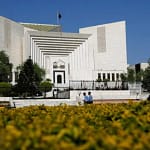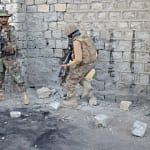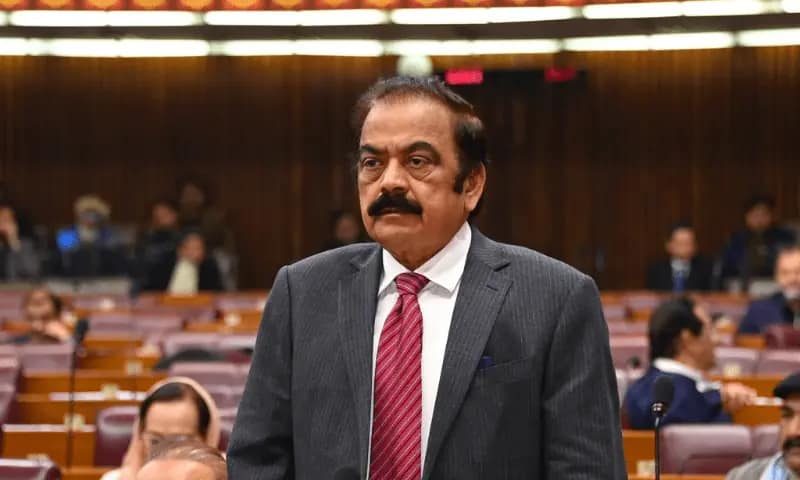
Extra-judicial killings ‘worst form of violation’ of Constitution: Justice Minallah
October 24, 2025
Car bomb, three terrorists neutralised in KP’s North Waziristan: ISPR
October 25, 2025Adviser to the Prime Minister on Political Affairs Rana Sanaullah said on Friday that the now-banned religious party Tehreek-i-Labbaik Pakistan (TLP) was “created in a bid to cut into PMLN’s vote bank”.
Yesterday, the religiopolitical party was banned by the federal cabinet. In the 2018 general elections, the TLP was estimated by political analysts to have cost the Pakistan Muslim League-Nawaz (PML-N) at least 15 closely contested national seats across Pakistan. The party secured nearly 2.2 million votes, mostly from Punjab and Karachi, during the elections.
Earlier today, the interior ministry notified a ban on the TLP, saying that the federal government had “reasonable grounds” to believe the religiopolitical party was connected to terrorism, after nationwide TLP protests over Gaza claimed the lives of several protesters and police officers and paralysed major highways and city roads from Karachi to Islamabad.
Speaking on Geo News programme ‘Naya Pakistan’, Rana Sanaullah, in response to a question regarding TLP’s future as a political party and whether it was being kept as an option to be used against rival political parties, agreed that TLP had been used in the past for that purpose and went on to quip that “it was created to steal votes from the PML-N’s vote bank”.
However, the premier’s advisor denied that TLP’s current fate had anything to do with its previous use as a proxy group, stating that “it was up to the federal cabinet to decide on any dissolution plans”.
“I am not in a position to talk on behalf of the cabinet,” he said, expressing optimism that the decision to dissolve the party will be made.
When asked if the government was open to negotiating with the now-banned group if it provided any assurances, citing TLP’s 2021 ban and its subsequent lift, Sanaullah responded, saying, “I think there can be no reassurance after you have already violated reassurances that were made previously”.
He stressed that “any party, whether political, religious, or academic, involved in terrorist activities is liable to be banned under clause 11b of the Anti-Terrorism Act”.
In response to a question on whether TLP can still contest elections as a political party, the PM’s aide said: “It is very difficult for a party to function while they are banned under the ATA”, and maintained that “the party can not take part in any elections while it is still banned under the ATA.”
Detailing the next steps following the ban, he said, “Now that the government has notified the ban, within the next three days, all these grounds will now be sent to TLP for review, after which it will have 30 days to file an appeal in a high court via a writ jurisdiction”.
However, he clarified that the ban on the party “stands within the review period and also during the appeal period,” emphasising that “there is no space for accommodating the party”.
On the matter of potential dissolution, he elaborated that, “the first step here is the review and then the appeal”.
“How will a party that has been banned act as a political party? If their offices and assets have been sealed, how will they function?”
According to analysts, the final decision to ban a political party rests with the Supreme Court under the Constitution.
“The federal government shall, within 15 days of such declaration, refer the matter to the Supreme Court, whose decision on such reference shall be final,” according to Article 17(2) of the Constitution.
The government can also invoke Section 212 of the Elections Act 2017 to seek the dissolution of a political party. Any declaration is subject to adjudication by the Supreme Court.
The TLP was formed in 2015 out of a protest campaign seeking the release of Mumtaz Qadri, a police constable who had assassinated the former governor of Punjab, Salman Taseer, in 2011 over his calls to reform the blasphemy laws and release Asia Bibi, who had been accused of blasphemy. Qadri was later executed.
The group founded a political party at Qadri’s funeral in 2016, which was attended by thousands of people.



